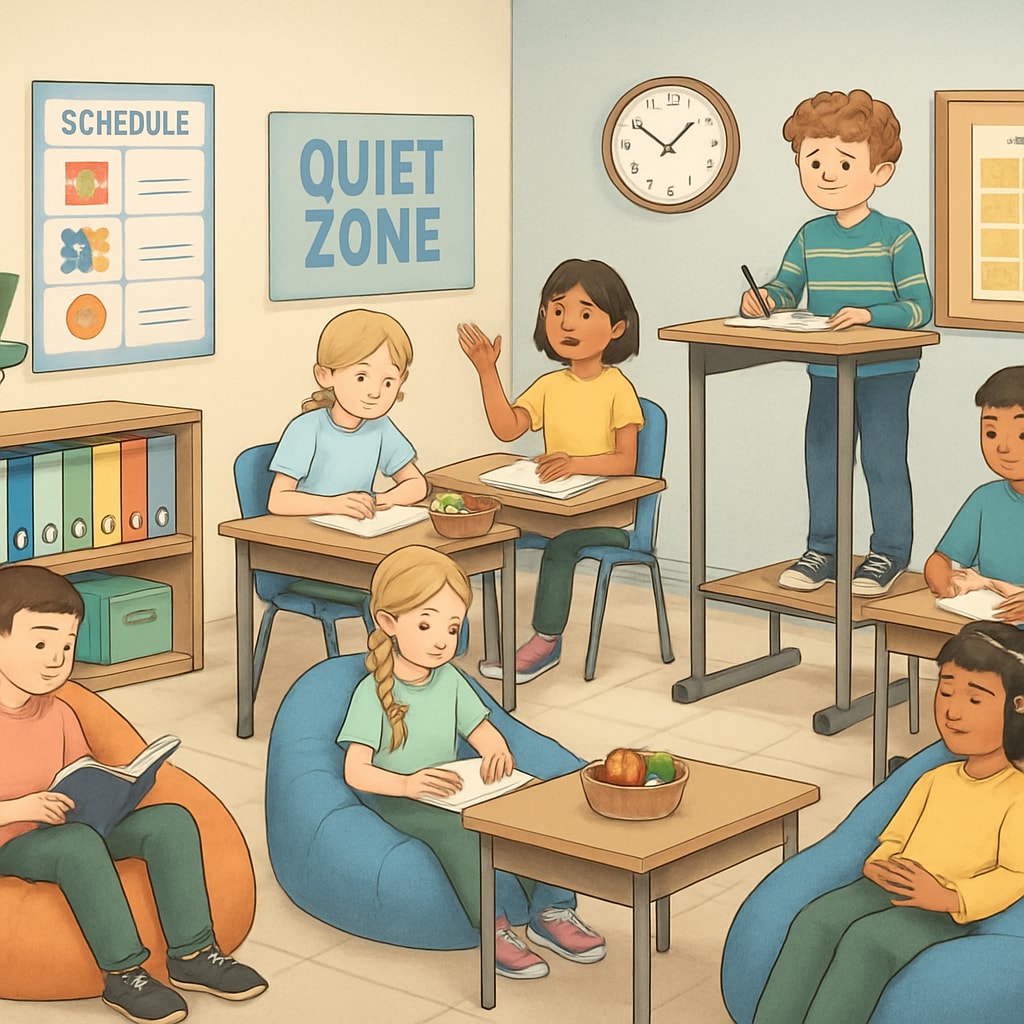Securing appropriate school placement for children with mental health challenges, such as ADHD, is a daunting task for many parents. The education system often falls short in accommodating the needs of these students, leaving families to navigate a maze of bureaucracy to ensure their children receive the support they are legally entitled to. This article explores these systemic challenges and provides actionable strategies for parents advocating for their children’s education rights.

Understanding the Systemic Challenges
Children with mental health issues like anxiety, depression, or ADHD often require specialized support to succeed academically. Unfortunately, many schools lack the resources or expertise to meet these needs. Issues such as long wait times for ADHD assessments, insufficient training for staff, and restrictive admission policies further exacerbate the problem.
For example, ADHD evaluations, which are critical for identifying necessary accommodations, can take months—or even years—depending on the availability of qualified professionals. Moreover, schools often prioritize academic performance over mental well-being, making it difficult for parents to secure placements that prioritize their child’s holistic development.
According to the Mental Health in Education overview on Wikipedia, mental health support within educational institutions remains unevenly distributed, especially in underfunded districts. This disparity creates an uphill battle for families seeking equitable treatment.
Practical Strategies for Parents
Despite the challenges, there are steps parents can take to advocate effectively for their children. Here are some strategies:
- Educate Yourself: Familiarize yourself with local education laws and policies regarding mental health accommodations. Many countries have legal frameworks, such as the Individuals with Disabilities Education Act (IDEA) in the U.S., that protect children’s rights.
- Document Everything: Keep detailed records of your child’s diagnosis, progress reports, and any communication with school staff. This documentation can be invaluable when negotiating for resources or filing complaints.
- Seek External Support: Advocacy groups and mental health organizations can offer guidance and legal assistance. For example, organizations like Britannica’s Education Advocacy section provide valuable resources for navigating complex systems.
- Communicate Effectively: Approach school administrators with clear, concise requests supported by evidence. Be persistent but polite in your advocacy efforts.
- Explore Alternative Options: If public schools cannot meet your child’s needs, consider private institutions or homeschooling as potential alternatives.

When the System Fails: What Are Your Options?
If traditional methods fail, parents may need to escalate their advocacy. Legal action, such as filing complaints with education boards or seeking mediation, can sometimes force schools to comply with their obligations. Additionally, connecting with other families facing similar challenges can provide emotional support and amplify your collective voice.
Another option is exploring specialized programs designed for children with mental health needs. These programs often offer smaller class sizes, individualized learning plans, and trained professionals who understand the complexities of mental health in education. While these options may come with higher costs, some scholarships or government subsidies might help offset expenses.
Ultimately, persistence and resourcefulness are key when advocating for your child’s education rights. Remember, you are not alone in this journey, and there are resources available to support you along the way.
Readability guidance: This article uses concise paragraphs, active voice, and accessible language. Key points are highlighted through lists and examples. Overuse of technical jargon is avoided, ensuring clarity for all readers.


